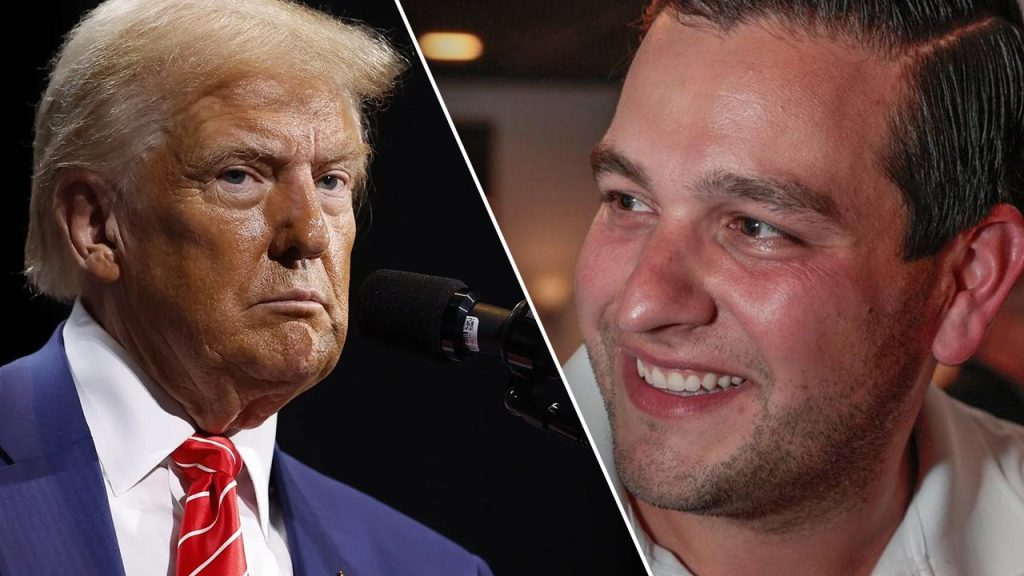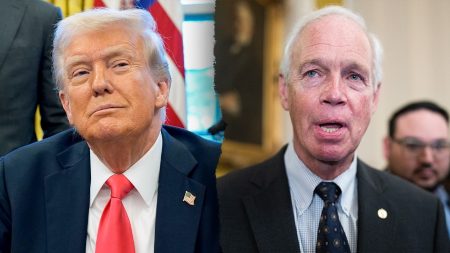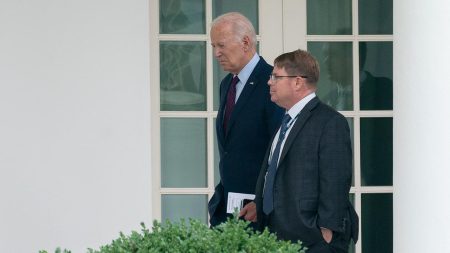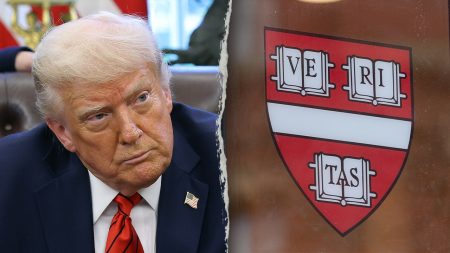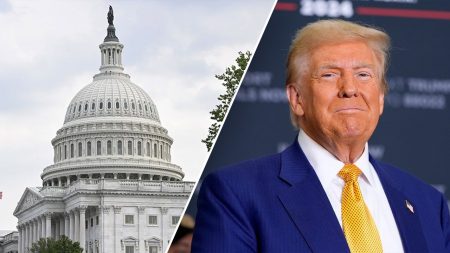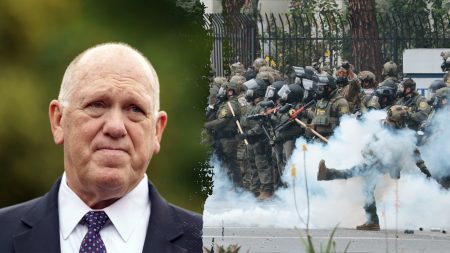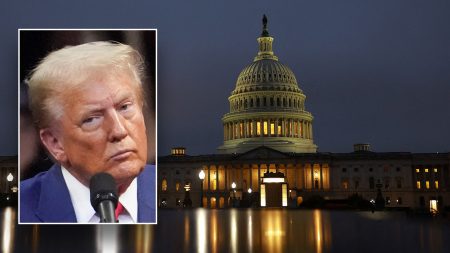President-elect Donald Trump’s nomination of Kevin Marino Cabrera, a Miami-Dade County Commissioner, as the ambassador to Panama has stirred both anticipation and controversy. Trump lauded Cabrera as a “fierce fighter” for “America First principles,” emphasizing his contributions to economic growth and international partnerships during his tenure as commissioner and Vice Chairman of the International Trade Consortium. Trump also highlighted Cabrera’s role as his Florida State Director in the 2020 campaign and his involvement in the RNC Platform Committee, portraying him as a staunch advocate for the “MAGA agenda.” This nomination underscores Trump’s intent to extend his political ideology beyond domestic borders and into the realm of international relations, specifically within Latin America.
Cabrera’s selection reflects a deliberate focus on individuals with perceived loyalty to Trump and his political platform. The former president’s praise for Cabrera’s understanding of Latin American politics suggests a strategic move to appoint someone perceived as capable of navigating the complexities of the region. This appointment also signifies the potential for a more assertive approach to U.S. foreign policy in Latin America under a second Trump administration, particularly regarding economic and trade relations. Cabrera’s background in local government and international trade positions him as a potential bridge between domestic policy priorities and international diplomacy.
However, Trump’s nomination announcement was intertwined with his contentious remarks about Panama’s management of the Panama Canal. Accusing Panama of “ripping off” the United States and alleging the illegal presence and influence of Chinese soldiers in the canal’s operations, Trump signaled a potential shift in U.S.-Panama relations. He questioned the fairness of financial contributions made by the U.S. towards the canal’s maintenance, asserting a lack of American control despite these investments. These statements raise concerns about potential friction and renegotiations of existing treaties and agreements regarding the canal’s operation.
Trump’s accusations concerning Chinese involvement introduce an additional layer of complexity to the nomination and the future of U.S.-Panama relations. The allegations, if substantiated, could escalate tensions not only between the U.S. and Panama but also within the broader geopolitical landscape involving China. This situation adds a significant dimension to Cabrera’s potential ambassadorship, demanding adept navigation of delicate international relations amidst pre-existing tensions. The veracity of these claims, however, remains a subject of debate and requires further investigation.
Cabrera’s response to his nomination was one of gratitude and a pledge to commence work immediately. His acceptance of the ambassadorship solidifies his alignment with Trump’s political vision and reinforces his commitment to advancing the “MAGA agenda” on the international stage. Having received Trump’s endorsement during his county election two years prior, Cabrera’s appointment further strengthens the bond between the two, highlighting the importance of personal loyalty within Trump’s political circle. This close relationship could influence the dynamics of U.S. foreign policy decisions concerning Panama and the broader Latin American region.
The nomination of Kevin Marino Cabrera as ambassador to Panama symbolizes the convergence of several key themes in a potential second Trump administration: the prioritization of “America First” principles in international relations, a potentially more assertive stance towards existing trade agreements, concerns about Chinese influence in strategic locations, and a reliance on loyalists to execute the presidential agenda. This appointment sets the stage for potential shifts in U.S. foreign policy in Latin America and raises questions about the future direction of U.S.-Panama relations, particularly regarding the Panama Canal and the interplay of international powers within the region. The unfolding relationship between the U.S. and Panama under these circumstances will undoubtedly be a focal point of international observation.




